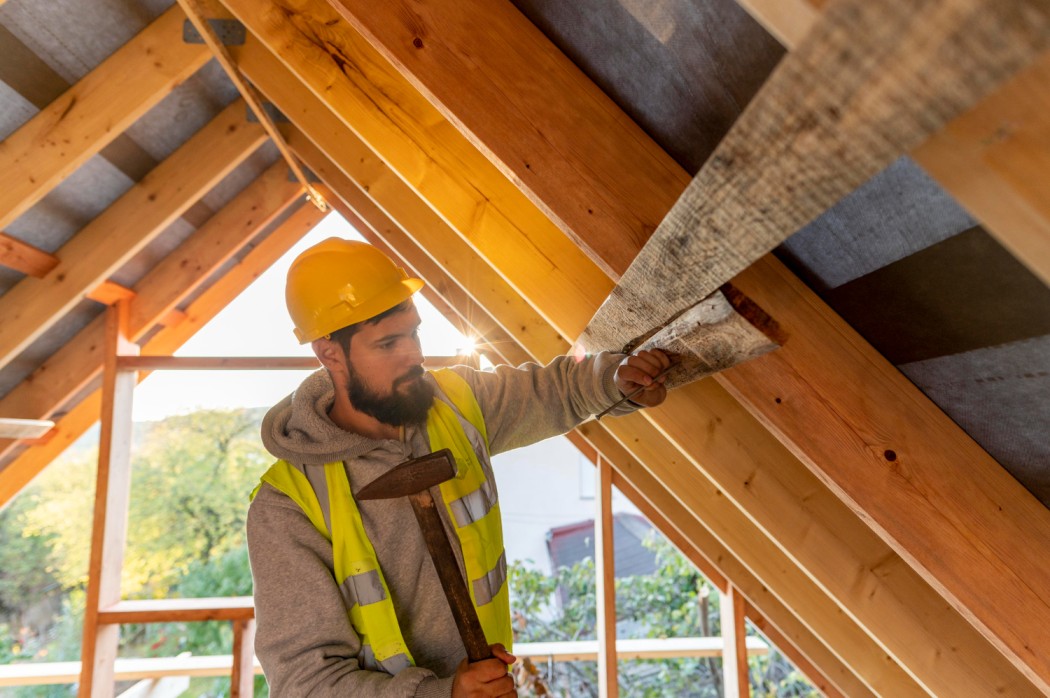Proper insulation is critical to creating a comfortable, energy-efficient, cost-effective home environment. In the United States, where extreme temperatures are prevalent in various regions, selecting the proper insulation becomes crucial for maintaining optimal indoor temperatures and reducing energy consumption. With many insulation materials and techniques available, homeowners may find the selection process overwhelming. This blog will provide a comprehensive guide to help homeowners make informed decisions when choosing the proper insulation. From understanding different insulation types to considering R-values and installation methods, we will cover all aspects of this essential home improvement project.
1. Understanding the Different Types of Insulation
Before diving into the specifics, it's essential to understand the various types of insulation commonly used in residential settings:
a. Fiberglass Insulation: Made of spun glass fibers, fiberglass insulation is a popular and affordable option. It comes in batts or rolls and is relatively easy to install, making it suitable for DIY projects.
b. Cellulose Insulation: Composed of recycled paper and treated with fire-retardant chemicals, cellulose insulation is eco-friendly and effectively reduces heat transfer.
c. Spray Foam Insulation: Applied as a liquid that expands and hardens, spray foam insulation creates an airtight seal, providing superior energy efficiency and moisture resistance.
d. Mineral Wool Insulation: Made from volcanic rock or slag, mineral wool insulation offers excellent fire resistance and soundproofing properties.
e. Reflective Insulation: Consisting of aluminum foil laminated onto paper or plastic, reflective insulation is commonly used to control heat gain in attics and crawlspaces.
2. Considering the R-Value
The R-value is a crucial factor to consider when choosing insulation. It measures the material's resistance to heat flow: the higher the R-value, the more influential the insulation resists heat transfer. The R-value needed for a home depends on its geographic location and the desired level of energy efficiency. Cold climates typically require higher R-values for better thermal performance.
3. Assessing Specific Areas of Your Home
Different areas of your home may require different types of insulation. For instance:
a. Attic Insulation: Insulating the attic is essential to prevent heat loss in the winter and heat gain in the summer. Spray foam or blown-in insulation is often recommended for attic spaces.
b. Wall Insulation: Wall insulation can vary depending on whether you have an older home with existing wall cavities or a newer home with open framing. Fiberglass batts, blown-in insulation, or spray foam can be suitable options.
c. Basement and Crawlspace Insulation: Insulating below-grade areas prevents moisture issues and improves overall energy efficiency. Rigid insulation or spray foam is often used for basement and crawlspace applications.
4. Factoring in Moisture Resistance
Moisture resistance is critical, especially in high humidity or water intrusion areas. Insulation materials with moisture-resistant properties, such as closed-cell spray foam or mineral wool, can help prevent mold and mildew growth and maintain the integrity of the insulation over time.
5. Hiring a Professional vs. DIY Installation
While some insulation types, such as fiberglass batts, are more DIY-friendly, others, like spray foam, require professional installation. Hiring an experienced insulation contractor ensures proper installation and maximizes the insulation's effectiveness.
6. Ensuring Code Compliance
Building codes and regulations regarding insulation may vary based on location. It is essential to ensure that the chosen insulation materials and installation methods comply with local building codes to avoid any legal issues and ensure the safety and efficiency of your home.
Choosing the proper insulation for your home is a critical decision that impacts your comfort, energy efficiency, and overall well-being. Understanding the various insulation types, considering the R-value, and assessing specific areas of your home are essential steps in making an informed choice. Additional factors include moisture resistance, compliance with building codes, and long-term savings. Whether you opt for fiberglass, cellulose, spray foam, or mineral wool insulation, prioritizing energy efficiency and comfort will enhance your home's value and improve your quality of life. Following this comprehensive guide, homeowners can confidently select the proper insulation to create a cozy, energy-efficient, and eco-friendly living environment for years.

